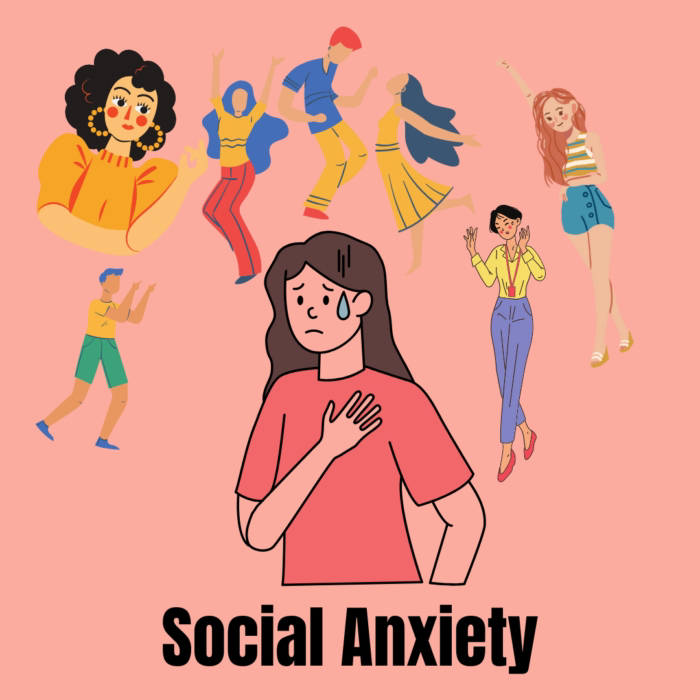Hi, good readers, how are you? Today I would like to share about the interesting topic, namely "Social anxiety relationships", The main reason why I chose this topic is because there are so many people who suffer from anxiety when they are in a relationship, From a psychological point of view, someone who experiences anxiety in a relationship because he tends to compare between his reality and his idealism, social anxiety relationships refer to interpersonal relationships that are affected by social anxiety. Social anxiety is excessive fear or anxiety about social situations, especially those involving interactions with other people. People with social anxiety often fear negative judgment, embarrassment, or awkwardness in social interactions, In the context of relationships, social anxiety can affect a person's ability to form and maintain healthy relationships. For example, someone with social anxiety may find it difficult to start conversations, make friends, or even have romantic relationships. They may also tend to avoid social situations, which can lead to isolation and difficulty building a strong social network.
Dealing with social anxiety in relationships can be challenging, but there are some strategies that can help:
1. Cognitive-Behavioral Therapy (CBT): CBT is an effective therapeutic approach for treating social anxiety. This therapy helps identify and change negative thought patterns and behaviors that cause anxiety.
2. Exposure Therapy: This therapy involves gradually exposing oneself to anxiety-provoking social situations. With repeated exposure, anxiety may decrease over time.
3. Relaxation Exercises: Techniques such as meditation, deep breathing, and yoga can help calm the mind and body, thereby reducing anxiety.
4. Education and Understanding: Understanding that social anxiety is a common and treatable condition can provide a positive perspective. Reading books or articles about social anxiety can also be helpful.
5. Social Support: Seeking support from friends, family, or a support group can help reduce feelings of loneliness and provide emotional encouragement.
6. Open Communication: Talking to your partner or friend about your anxiety can help them understand and provide necessary support.
7. Social Skills Development: Taking courses or workshops to improve social skills can help increase confidence in social interactions.
8. Limit Negative Thinking: Trying not to think too much about other people's judgments and focusing on the present moment can help reduce anxiety.
9. Medication: In some cases, a doctor may prescribe medication to help reduce anxiety symptoms. The drug should be used under medical supervision.
10. Professional Consultation: Meeting with a psychologist or psychiatrist can provide professional guidance and support in dealing with social anxiety.
With a combination of these strategies, a person can reduce social anxiety and build healthier, more fulfilling relationships, hopefully this article can help you how to maintain your social relationship, good luck.
